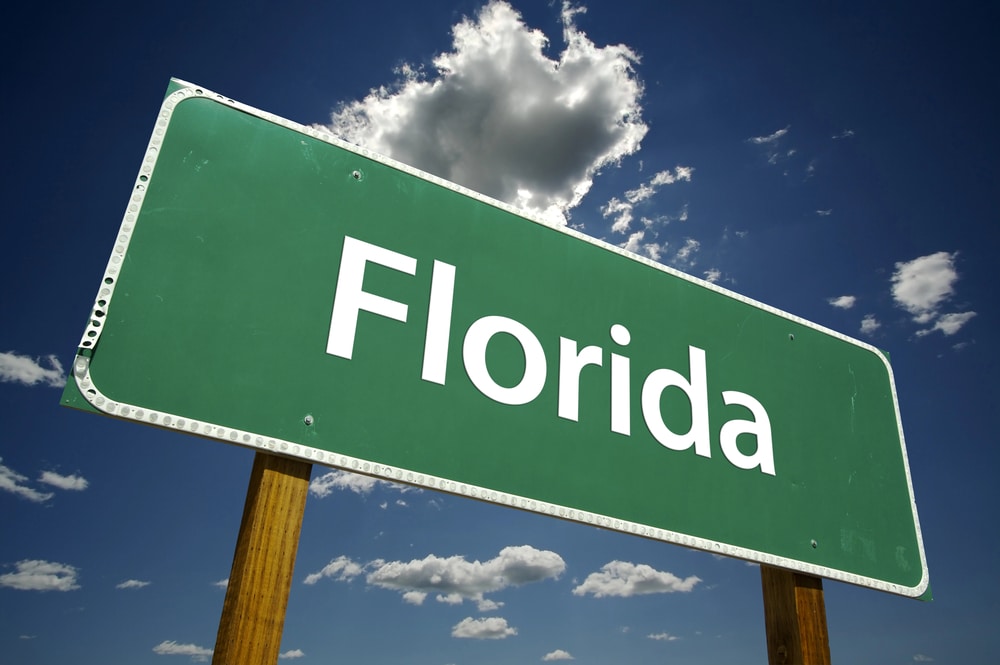Whether it’s your first time buying a car or you’re a seasoned driver, the car buying process can get tricky if you make the wrong decision at the wrong time. The reality is, that can happen with a lot of car buyers, so it’s worth taking time to learn how to save money in the process. If you’re interested in saving money, keep reading for money-saving tips for the car buying process that will help you get the best car for the right price.
Figure Out What Car is Right for You
Do you want a Volkswagen Jetta or something a little more sporty? Or, would you prefer a laid-back sedan that gets you to the place you need to go? A lot of figuring out what car is best for you comes down to understanding your personality. You need to know why you drive, how you drive, and even what driving means to you. Drivers must understand themselves enough to know how to adjust their driving; because they’re driving, they must match the vehicle they own. This way, they’ll experience fewer safety problems and more confidence on the road. So, before you even agree on a deal, take the time to figure out what cars have what strengths, and ask yourself why you think a particular vehicle will work best for you. The idea is to get your brain focused on many choices at once, so you can take the time to narrow your choices later in the process. After all, 54% of consumers would buy from a dealership that offers the best driving experience. And that’s even if the vehicle costs less.
Figure Out Your Budget Before Narrowing Down Your Choices
Should your budget adhere more to improved gas mileage over appearance? Do you have more money to spend if you choose a minivan to accompany your family rather than a trendier sports car you spotted on television? Ultimately, the amount of time you spend on figuring out where your money is going translates to a car choice that’s higher on your list of financial priorities than any others. In other words, if you can break down a vehicle in terms of how each part, component, or system demonstrates a financial impact, then you’ll be able to eliminate vehicles that focus on, say, extraordinary horsepower over impeccable braking. For car buyers, 60% of the buying process occurs online, so as a buyer, you’ll want to break down the choice of buying a vehicle that costs more, even if you don’t have the money. Chances are, you’ll see that a used car is often a better choice than a new one.
Calculate Your Gas Mileage
First, make sure you know why you’re driving. Are you a college student needing to make a lot of fast trips around town? Then you need something that’s good on gas so that you don’t lose too much fuel efficiency from repeated starting and stopping at intersections around the area. But if you’re opting for long-distance trips, you also may be considering the impact the kind of fuel you’re using has on the environment. Saving money is important, but you also have to keep in mind the risks of getting a car that’s harsh when it comes to emissions. Either way, you need to figure out how much gas you’re using. Look at your odometer readings, gas per gallon, and the amount of gas in your tank right now. The clearer picture you have of your gas usage, the better your chances of saving money in the long run.
Get a Car Insurance Quote Before You Buy
You need car insurance to protect you in case of an accident. Depending on what state you live in, both drivers may have to initiate contact with their own insurance providers, regardless of who was responsible for the accident. Additionally, there are times where, if you’re injured, you might be interested in filing a personal injury claim; your car insurance information would be useful for that process. So, gather the information you need to get an insurance quote before buying. That includes vehicle, make and model, birthday and occupation information, driver’s license number, and current coverage information. Without having a good policy in place, you might as well guarantee you’ll be paying out of pocket following an accident.
Don’t Feel Like You Have to Commit to Buying Now
You should never feel like you have to rush into a decision. Research indicates 77% of cars are in need of maintenance or repairs. That means if you’re buying a used — and there is a good chance you should–you could be paying for a great-looking vehicle that costs you a heap in repairs. For that reason, it’s a good idea to take your time when choosing your vehicle and forget about making a decision too quickly. Go over it with a friend or double-check your savings, but make sure you have the information needed to make the best decision you can.
Saving money is a possibility when it comes time to buy a new car. Whether you’re an experienced driver or just buying your first car, you have the opportunity to save money if you get insurance, resist the urge to commit now, and take the time to calculate your gas mileage. As long as you’re interested in saving money, you can take the time to choose the right car for you. Just as you thought, that’s more money in your pocket for the future.
Read More:










